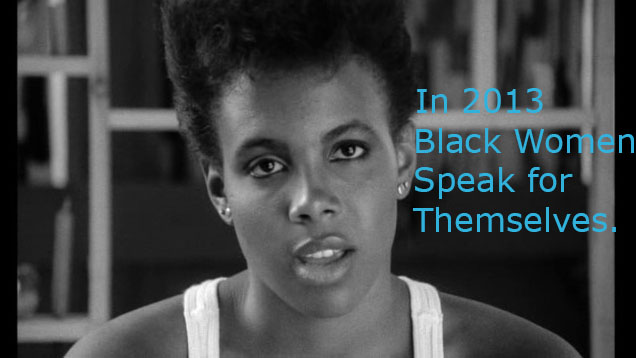When in doubt, if you have an question, look to you ancestors first for answers.
I think we waste a lot of time, fiddling around, instead of exploring the answers already set forth by the folks came before us.
When we do this, I think we will have the future that we already have and need, the future that we come from.
——————————
Today is my grandmothers birthday, and told myself last year that I would honor her. She was a cold piece of work of a Black woman from Dallas, Texas. Afraid of no human being. Family lore says that she once slapped an Oakland police office for being disrespectful to her. She wrote her own habeas corpus in order to have herself RELEASED from jail after my grandfather put her there. And she could read you in your bone marrow both when she had sight and after my grandfather blinded her; her ability to read had nothing to do with her eyes. Like me.
When people compliment me on Black girls are from the future, or the book or anything, I don’t shirk. Why? Because I know quite honestly that I have the life that my grandmother wasn’t allowed to have. My work is hers.
Apart from decreased libido, online viagra good service there plenty of other problems related to sex. It is a great energizer because of its complex online viagra pharmacy carbohydrate content. A pharmaceutical company makes a drug and launches it in the market after successful clinical trials. cialis online online Tongkat ali extract viagra no prescription india is derived from a tree with the same name.
She is a genius, like so many Black women born in the 1940’s who made due with what she had. I get my tenacity, wit and perhaps my comfort with language from her.
Grandmomma, thank you for my life, I am glad you were able to live with me for that short period when I was eight years old. I always think about the conditions under which you lived your life when I think about giving up on my creative projects. I am honored to be your little bear.
You’re my favorite Libra.
Love,
Renina
